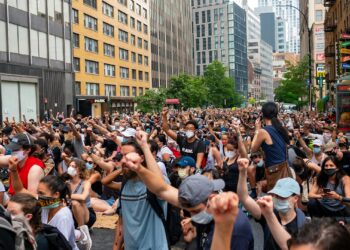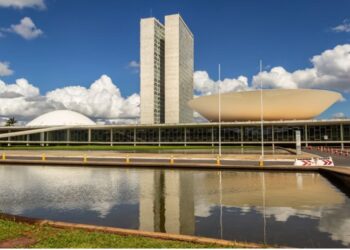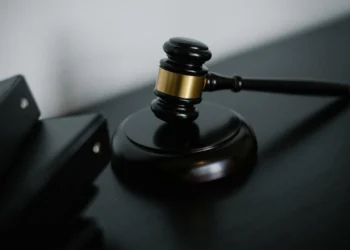by PublicABCP
Translated and reviewed by Matheus Lucas Hebling
The book Desastre e desgovernança no Rio Doce, edited by Adrian Gurza Lavalle, president of CEBRAP (Brazilian Center for Analysis and Planning), and Euzeneia Carlos, professor in the Graduate Program in Social Sciences at the Federal University of Espírito Santo (UFES), explores the consequences of the catastrophic disaster in the Rio Doce region, in the municipality of Mariana (Minas Gerais), and the many failures in the ensuing reparations. The book was published in 2022 by Garamond.
This work offers a detailed analysis of the disaster’s impacts, including the contamination of the river basin, the destruction of infrastructure, the loss of livelihoods, and the detrimental effects on the physical and mental health of affected communities. It also reveals how the governance system set up in response to the disaster became dominated by corporate interests.
A major focus of the book is the role played by Fundação Renova (FR). Created and controlled by the mining companies responsible for the disaster, the foundation was supposed to act as a vehicle for reparations and governance in support of the affected communities. Instead, the book argues, FR operated in the opposite direction. Drawing on press investigations, the authors show how FR became an agent of demobilization and misgovernance—prioritizing the minimization of corporate responsibility and the silencing of victims’ legitimate demands.
One section of the book is devoted to counter-movements and resistance efforts that emerged in response to FR’s strategy and in pursuit of justice for impacted communities. Social movements, community organizations, and Indigenous groups have played a crucial role in keeping the spotlight on the actions of FR and the mining corporations.
Disaster and Misgovernance in the Rio Doce Region does more than document the consequences of the Mariana disaster. It also raises broader questions about the model of mineral governance and exploitation in Brazil. The book underscores the urgent need for a review of the current mining model, the strengthening of environmental licensing, and increased transparency and corporate accountability.
About the Editors
Adrian Gurza Lavalle is a professor in the Department of Political Science at the University of São Paulo (DCP-USP). His academic background includes a postdoctoral fellowship at the Institute of Development Studies, a Ph.D. in Political Science from USP, a Master’s in Sociology from the National Autonomous University of Mexico (UNAM), and a Bachelor’s in Political Science and Public Administration, also from UNAM. In addition to his academic work, Lavalle is vice-director and researcher at the Center for Metropolitan Studies (CEM) and serves as president of the Brazilian Center for Analysis and Planning (CEBRAP).
Euzeneia Carlos is a professor in the Graduate Program in Social Sciences at the Federal University of Espírito Santo (UFES). She holds a Ph.D. in Political Science from the University of São Paulo (USP) and a postdoctoral degree in Political Sociology from CEBRAP. She is the coordinator of the Participation and Democracy Research Group (NUPAD) at UFES and a researcher at the Democracy and Collective Action Research Group (NDAC) at CEBRAP.
Book Details
- Title: Desastre e desgovernança no Rio Doce
- Editors: Adrian Gurza Lavalle and Euzeneia Carlos
- Publisher: Garamond
- Publication Year: 2022
- ISBN: 978-65-5937-027-6
- Available at: Garamond







